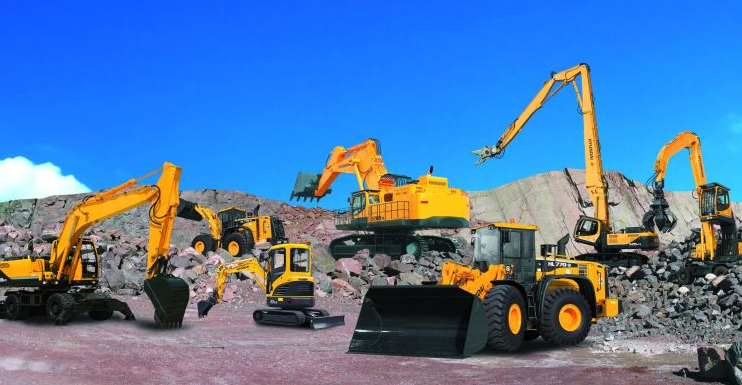Renting construction equipment is a practical and cost-effective solution for both small-scale projects and large-scale developments. However, navigating the process of renting heavy machinery can be daunting for those new to the construction industry. Here’s everything you need to know about renting construction equipment.
Understanding Your Project Needs
Before diving into the world of equipment rental, it’s crucial to assess your project requirements thoroughly. Take the time to evaluate the scope of your project, including the type of construction work involved, the terrain conditions, and the duration of the project.
Understanding your specific needs will help you determine the types and sizes of equipment required to get the job done efficiently. It will also save you money in the long run.
Assessing Equipment Quality and Condition
When renting construction equipment, it’s essential to inspect the machinery thoroughly to ensure it meets your standards and requirements. Before finalizing the rental agreement, take the time to examine the equipment for signs of wear and tear, damage, or mechanical issues.
Test the machinery to ensure it operates smoothly and efficiently, and don’t hesitate to ask the supplier for maintenance records and service history. This will provide insight into potential maintenance costs.
Understanding Rental Agreements and Terms
Rental agreements are legal contracts that outline the terms and conditions of renting construction equipment. Before signing any agreement, carefully review the terms, including rental rates, payment schedules, insurance coverage, liability clauses, and equipment return policies.
Pay close attention to any additional fees or charges that may apply, such as delivery fees, fuel surcharges, or damage penalties. If you have any questions or concerns, it would be best to seek clarification from the equipment supplier.
Securing Proper Insurance Coverage
Protecting your project and investment is crucial when renting construction equipment. Make sure you have adequate insurance coverage in place to safeguard against potential risks and liabilities.
Depending on the rental agreement, you may be required to provide proof of insurance before renting the equipment. Work closely with your insurance provider to ensure you have the appropriate coverage for the rented machinery and any potential accidents or damages that may occur during the project.
Training and Operator Certification
Operating construction equipment requires specialized skills and training to ensure safety and efficiency on the job site. Before using rented machinery, make sure operators are properly trained and certified to operate the specific equipment.
Many equipment suppliers offer training programs and certifications to ensure operators have the knowledge and skills necessary to operate the machinery safely and effectively. Investing in proper training can help minimize the risk of accidents and injuries and improve overall productivity on the job site.
Ensuring Proper Transportation and Logistics
Transporting heavy construction equipment to and from the job site requires careful planning and coordination. Before renting equipment, consider logistical factors such as transportation requirements, access to the job site, and any special permits or regulations that may apply.
Coordinate with the equipment supplier to arrange for timely delivery and pickup of the machinery, taking into account factors such as distance, road conditions, and scheduling constraints.
Scheduling Maintenance and Servicing
Regular maintenance and servicing are essential to keep construction equipment running smoothly and prevent costly downtime. Work with your equipment supplier to establish a maintenance schedule and servicing plan for the rented machinery.
Schedule routine inspections, oil changes, and repairs as needed to keep the equipment in optimal condition throughout the project. By staying proactive with maintenance, you can avoid unexpected breakdowns and delays that can impact project timelines and budgets.
Choosing the Right Equipment Supplier
Selecting the right equipment supplier is paramount to the success of your project. For example, a reliable partner for forklift hire can make all the difference in streamlining your operations and meeting project deadlines.
When selecting a supplier, prioritize reputation and reliability. Seek out suppliers with a proven track record of delivering quality equipment and exceptional customer service. Reading reviews and seeking recommendations from trusted sources can help you identify suppliers who consistently meet or exceed expectations.
Communicating Effectively with Equipment Suppliers
Clear and open communication with equipment suppliers is essential for a successful rental experience. From initial inquiries to ongoing support throughout the project, maintain regular contact with the supplier to address any questions, concerns, or changes that may arise.
Conclusion
Renting construction equipment offers a flexible and cost-effective solution for meeting project demands without the long-term commitment of equipment ownership. Once you get a hold of the equipment, remember to prioritize safety, proper training, and maintenance to ensure a successful construction project from start to finish.

